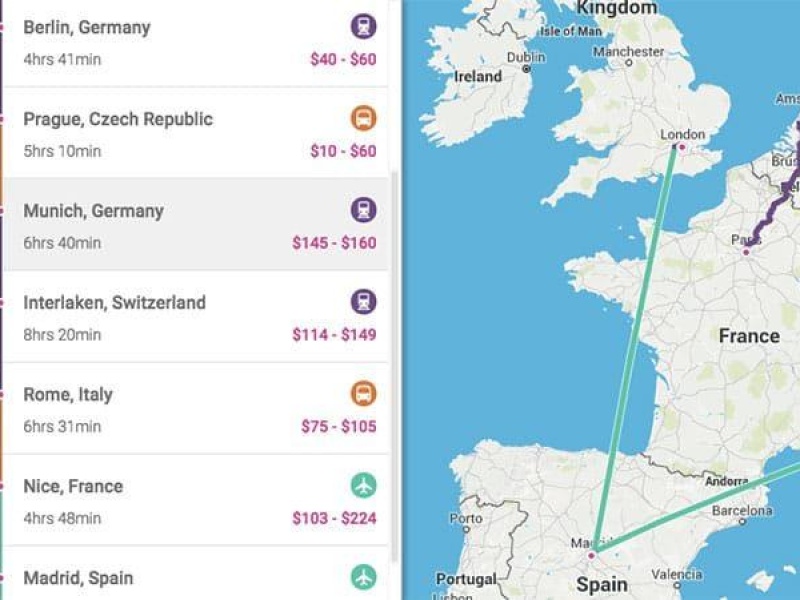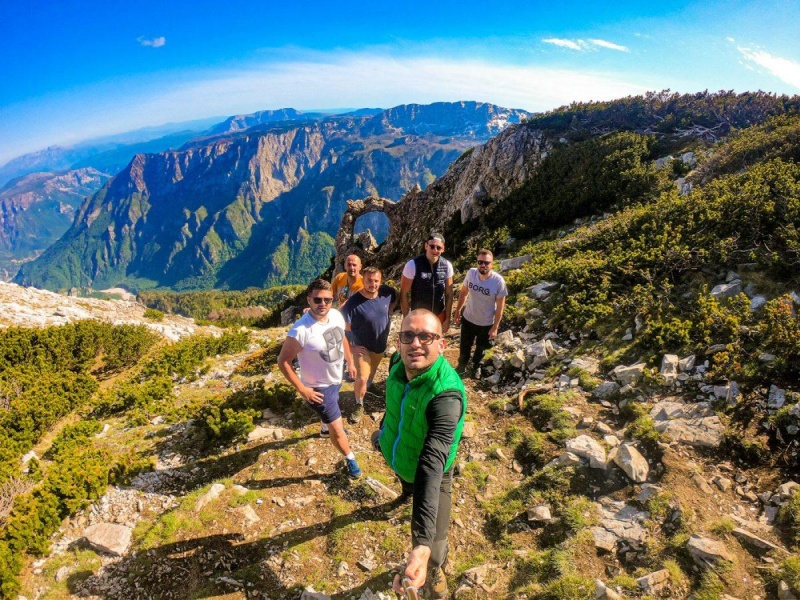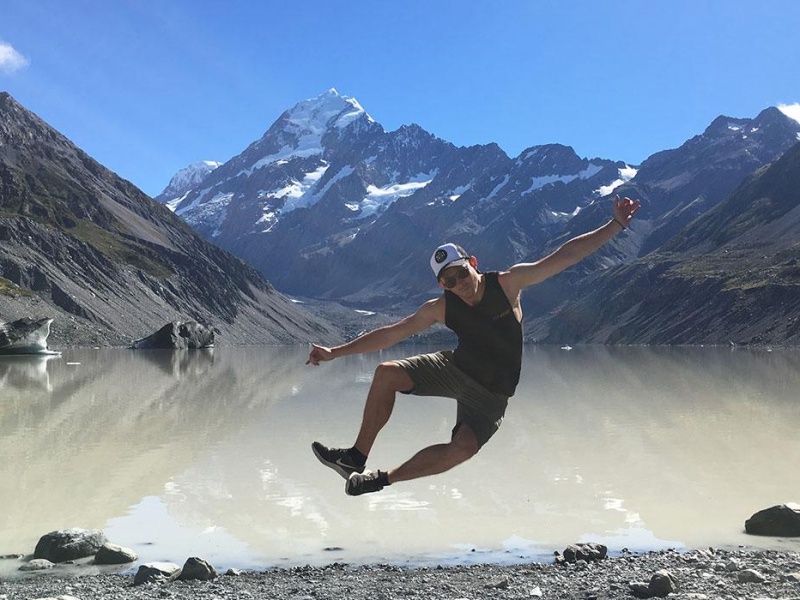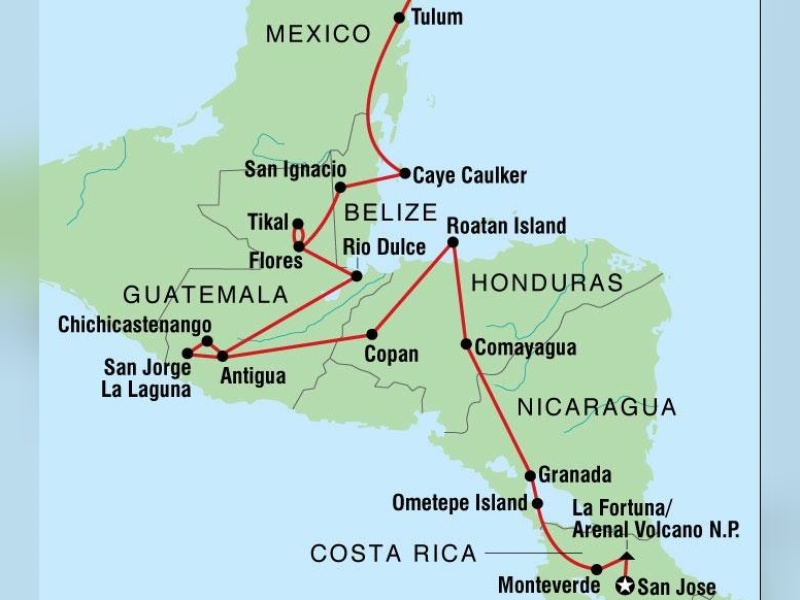Backpacking in Europe: A Month-by-Month Guide

January: Winter Wonderlands and Cozy Cities
January is the perfect time to explore Europe's winter wonderlands. Countries like Austria, Switzerland, and Norway offer breathtaking snowy landscapes and world-class skiing opportunities. Cities such as Vienna and Prague are less crowded, allowing you to enjoy their historic charm without the usual tourist hustle. Warm up with a cup of mulled wine at a Christmas market or cozy up in a traditional café. The cold weather also means lower prices on accommodations and flights, making it an ideal time for budget-conscious travelers.
February: Carnival Celebrations and Mediterranean Escapes
February is synonymous with carnival celebrations across Europe. Venice's Carnevale is a must-see, with its elaborate masks and costumes. Meanwhile, the Canary Islands offer a warmer escape with pleasant temperatures and fewer tourists. Southern Spain and Portugal also provide mild weather, perfect for exploring historic sites and enjoying local cuisine. Whether you're dancing in the streets of Nice or soaking up the sun in Tenerife, February offers a mix of cultural festivities and relaxing getaways.
March: Spring Blooms and Cultural Festivals
As winter fades, Europe begins to bloom in March. The Netherlands' tulip fields are a sight to behold, and cities like Paris and Amsterdam come alive with outdoor markets and festivals. St. Patrick's Day in Dublin is a lively celebration of Irish culture, while Seville's Semana Santa offers a unique glimpse into Spanish traditions. The weather is mild, making it a great time for hiking in the Alps or exploring the Mediterranean coast. March is a month of renewal and celebration, perfect for immersing yourself in Europe's vibrant culture.
April: Easter Traditions and Scenic Countryside
April is a time of Easter traditions and scenic beauty across Europe. Countries like Greece and Italy celebrate Easter with elaborate processions and feasts. The countryside is in full bloom, making it an ideal time for hiking in the Scottish Highlands or cycling through the Loire Valley. Cities like Florence and Rome are less crowded, allowing you to explore their historic sites at a leisurely pace. April's mild weather and festive atmosphere make it a delightful month for backpacking through Europe.
May: Outdoor Adventures and Coastal Getaways
May is the perfect month for outdoor adventures and coastal getaways in Europe. The weather is warm but not too hot, making it ideal for hiking in the Dolomites or exploring the Amalfi Coast. The Greek Islands are just starting to come alive, offering pristine beaches and charming villages. Cities like Barcelona and Lisbon are bustling with energy, and the long days allow for plenty of sightseeing. Whether you're kayaking in Croatia or strolling through the lavender fields of Provence, May offers endless opportunities for exploration.
June: Summer Festivals and Midnight Sun
June marks the beginning of summer in Europe, with long days and warm weather. The Midnight Sun in Scandinavia offers a unique experience, with 24 hours of daylight in places like Norway and Iceland. Summer festivals are in full swing, from Glastonbury in the UK to Roskilde in Denmark. The Mediterranean coast is perfect for swimming and sunbathing, while cities like Berlin and Prague host open-air concerts and cultural events. June is a vibrant month, filled with music, art, and outdoor activities.
July: Beach Holidays and Island Hopping
July is the height of summer in Europe, and the beaches are calling. The French Riviera, the Amalfi Coast, and the Greek Islands are popular destinations, offering crystal-clear waters and stunning scenery. Island hopping in Croatia or the Cyclades is a great way to explore multiple destinations in one trip. Cities like Barcelona and Nice are bustling with tourists, but the lively atmosphere is part of the charm. July is all about sun, sea, and sand, making it the perfect month for a beach holiday.
August: Cultural Capitals and Mountain Retreats
August is a great time to explore Europe's cultural capitals and mountain retreats. Cities like Paris, Rome, and Vienna are bustling with tourists, but the vibrant atmosphere is worth experiencing. For a quieter escape, head to the Alps or the Pyrenees, where you can enjoy hiking, biking, and stunning views. The Edinburgh Festival Fringe is a highlight of the month, offering a diverse range of performances and events. Whether you're exploring historic sites or enjoying the great outdoors, August offers a mix of culture and adventure.
September: Harvest Festivals and Wine Tours
September is harvest season in Europe, and the vineyards are in full swing. Wine tours in regions like Bordeaux, Tuscany, and the Douro Valley offer a chance to sample some of the world's best wines. Harvest festivals in Germany and Austria celebrate the season with food, music, and traditional costumes. The weather is still warm, making it a great time for outdoor activities like hiking and cycling. September is a month of abundance, perfect for food and wine lovers.
October: Autumn Colors and Cultural Events
October is a beautiful time to visit Europe, with autumn colors painting the landscapes. The Black Forest in Germany and the Lake District in England are particularly stunning this time of year. Cultural events like Oktoberfest in Munich and the Frankfurt Book Fair offer a chance to immerse yourself in local traditions. The cooler weather is perfect for exploring cities like Budapest and Krakow, where you can enjoy thermal baths and historic sites. October is a month of natural beauty and cultural richness.
November: Cozy Cities and Christmas Markets
November is the start of the holiday season in Europe, and the Christmas markets are beginning to open. Cities like Vienna, Prague, and Strasbourg are magical this time of year, with twinkling lights and festive decorations. The cooler weather is perfect for cozying up in a café with a hot chocolate or exploring museums and galleries. November is also a great time to visit less crowded destinations like Budapest and Tallinn, where you can enjoy the charm of the season without the crowds.
December: Winter Magic and New Year Celebrations
December is a magical time to visit Europe, with Christmas markets, ice skating rinks, and festive lights creating a winter wonderland. Cities like Berlin, Paris, and London are bustling with holiday cheer, while destinations like Lapland offer a chance to see the Northern Lights. New Year's Eve celebrations in cities like Edinburgh and Amsterdam are legendary, with fireworks and parties lasting into the early hours. December is a month of celebration and wonder, perfect for ending the year on a high note.
Key Takeaways
Backpacking in Europe offers a unique experience every month of the year. From winter wonderlands in January to summer festivals in June, there's always something to see and do. Each season brings its own charm, whether it's the spring blooms of March, the autumn colors of October, or the festive atmosphere of December. By planning your trip according to the season, you can make the most of your European adventure.
Frequently Asked Questions
What is the best time to backpack in Europe?
The best time to backpack in Europe depends on your preferences. Summer (June-August) is ideal for beach holidays and festivals, while spring (March-May) and autumn (September-November) offer milder weather and fewer crowds. Winter (December-February) is perfect for winter sports and festive markets.
How much does it cost to backpack in Europe?
The cost of backpacking in Europe varies depending on your travel style and destinations. On average, budget travelers can expect to spend around €50-€100 per day, including accommodation, food, and transportation. Eastern Europe is generally cheaper than Western Europe.
What should I pack for a backpacking trip in Europe?
Packing for a backpacking trip in Europe depends on the season and your itinerary. Essentials include comfortable walking shoes, weather-appropriate clothing, a good backpack, a travel adapter, and a reusable water bottle. Don't forget important documents like your passport, travel insurance, and any necessary visas.




